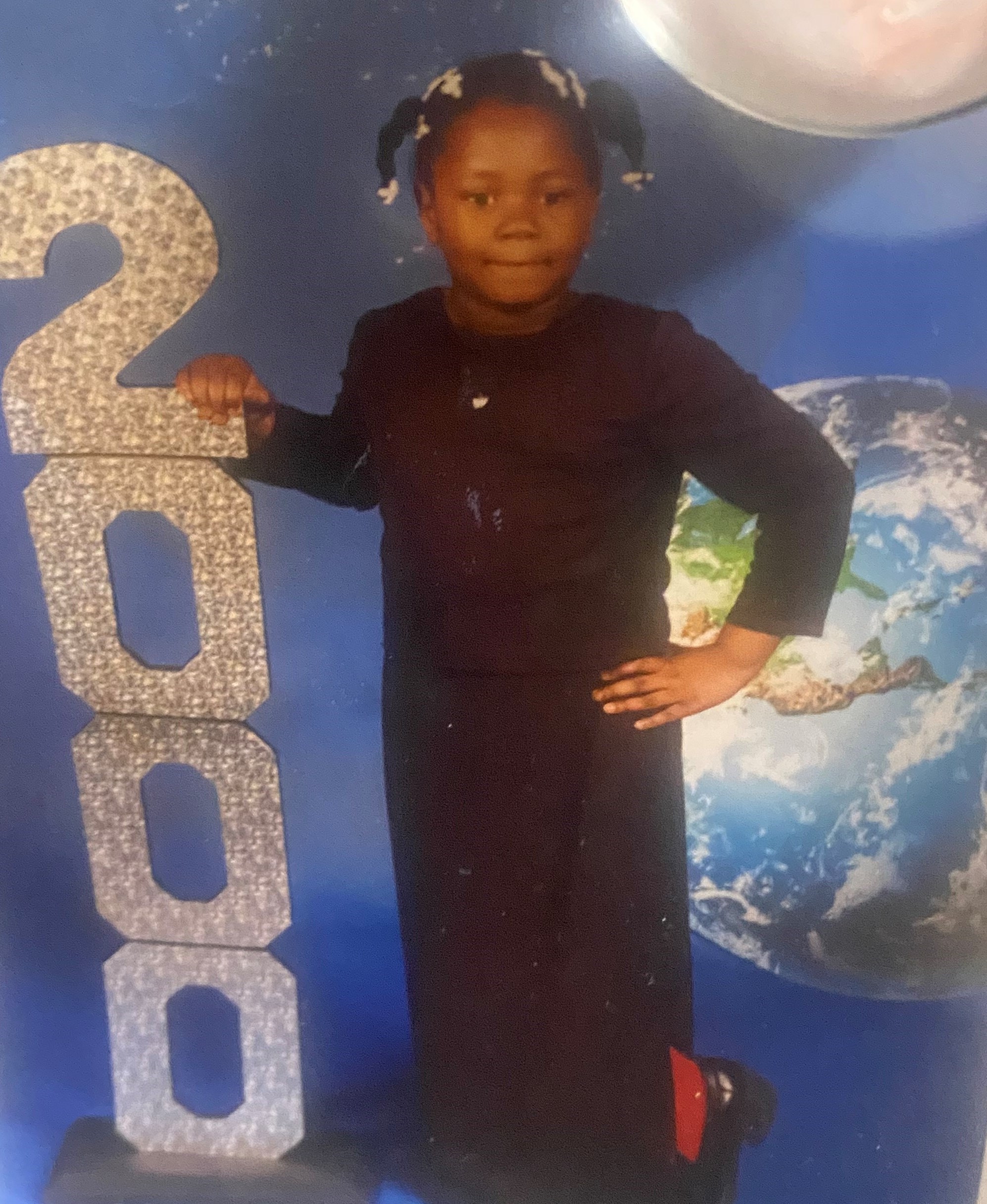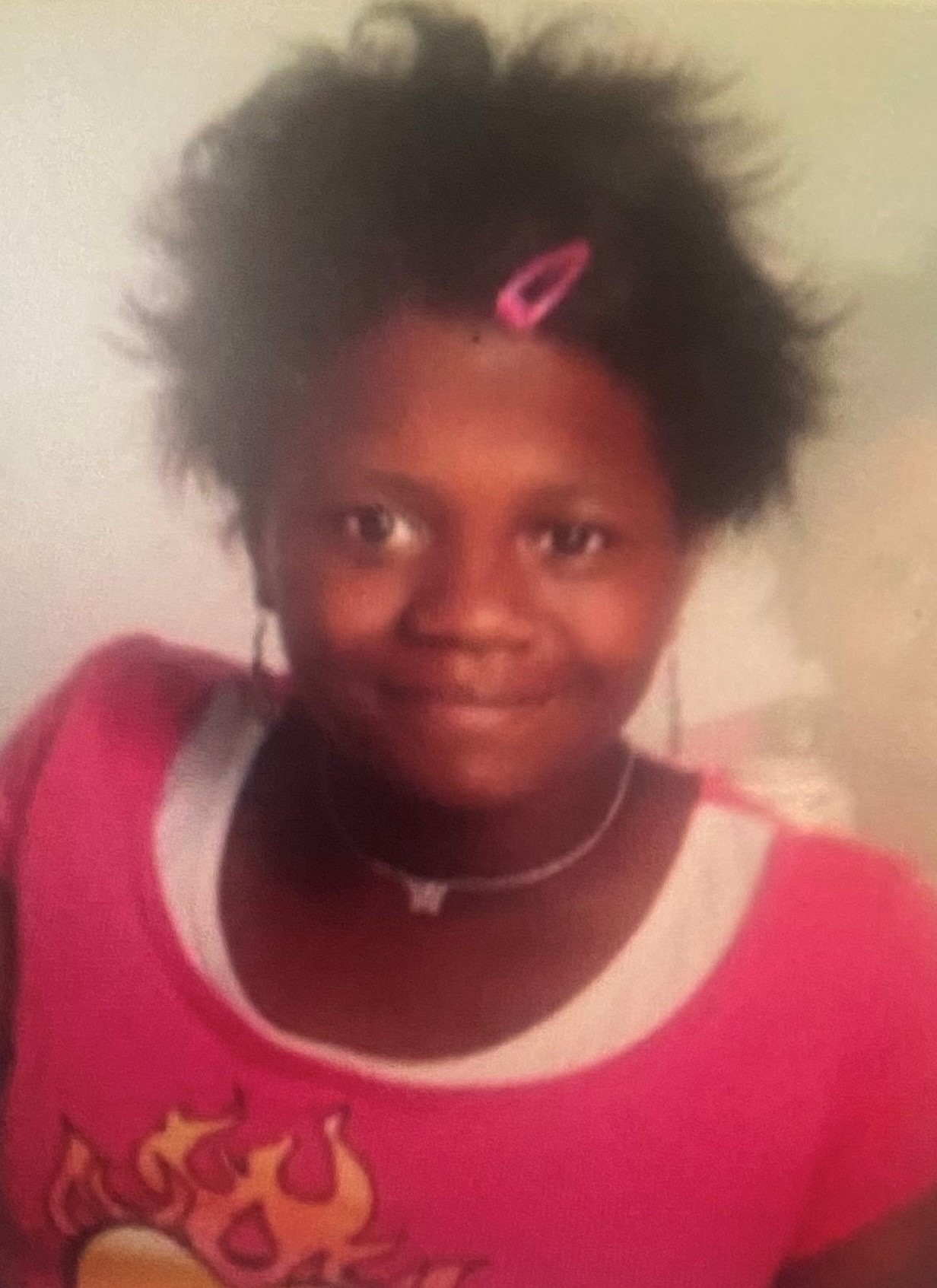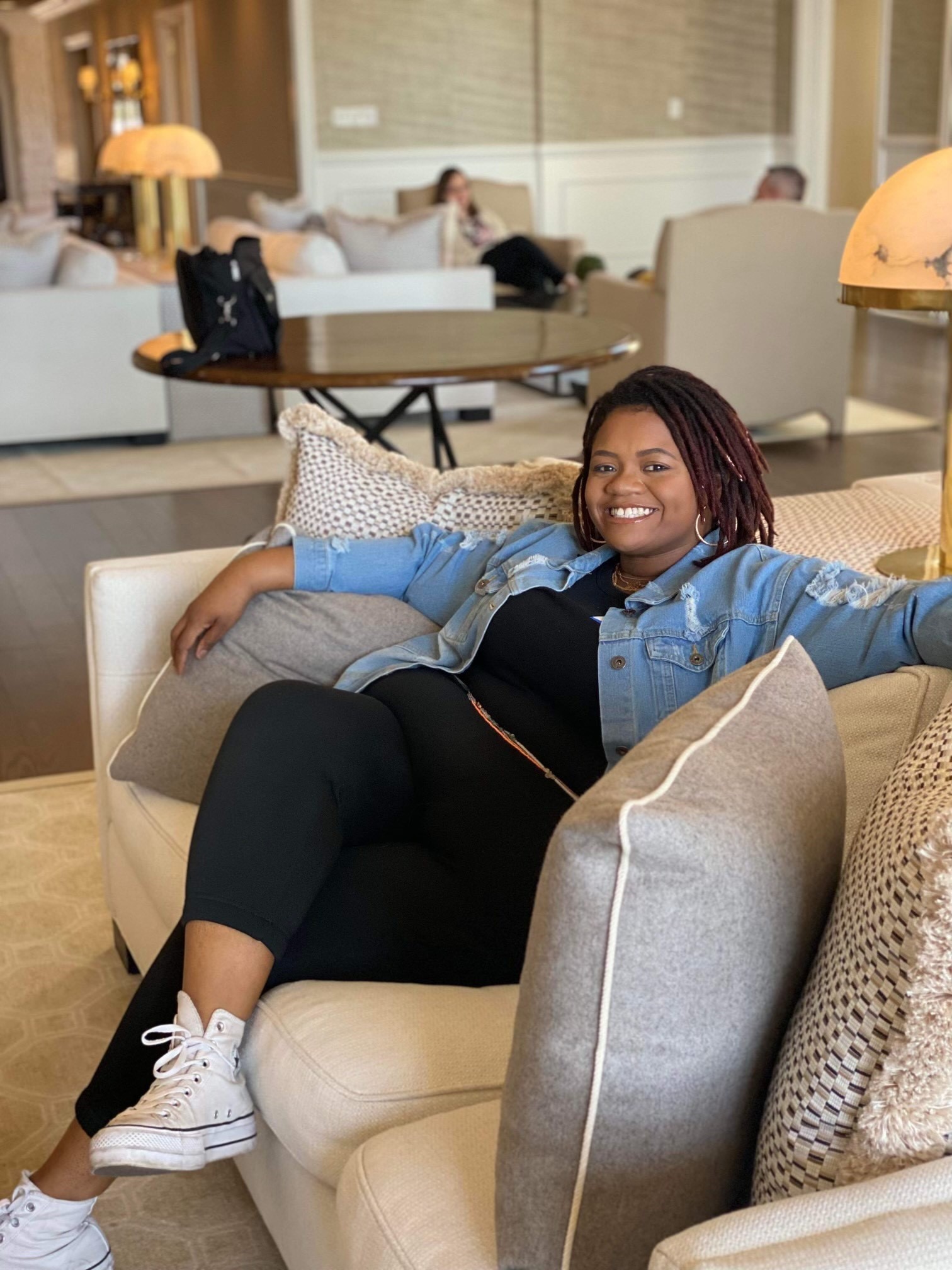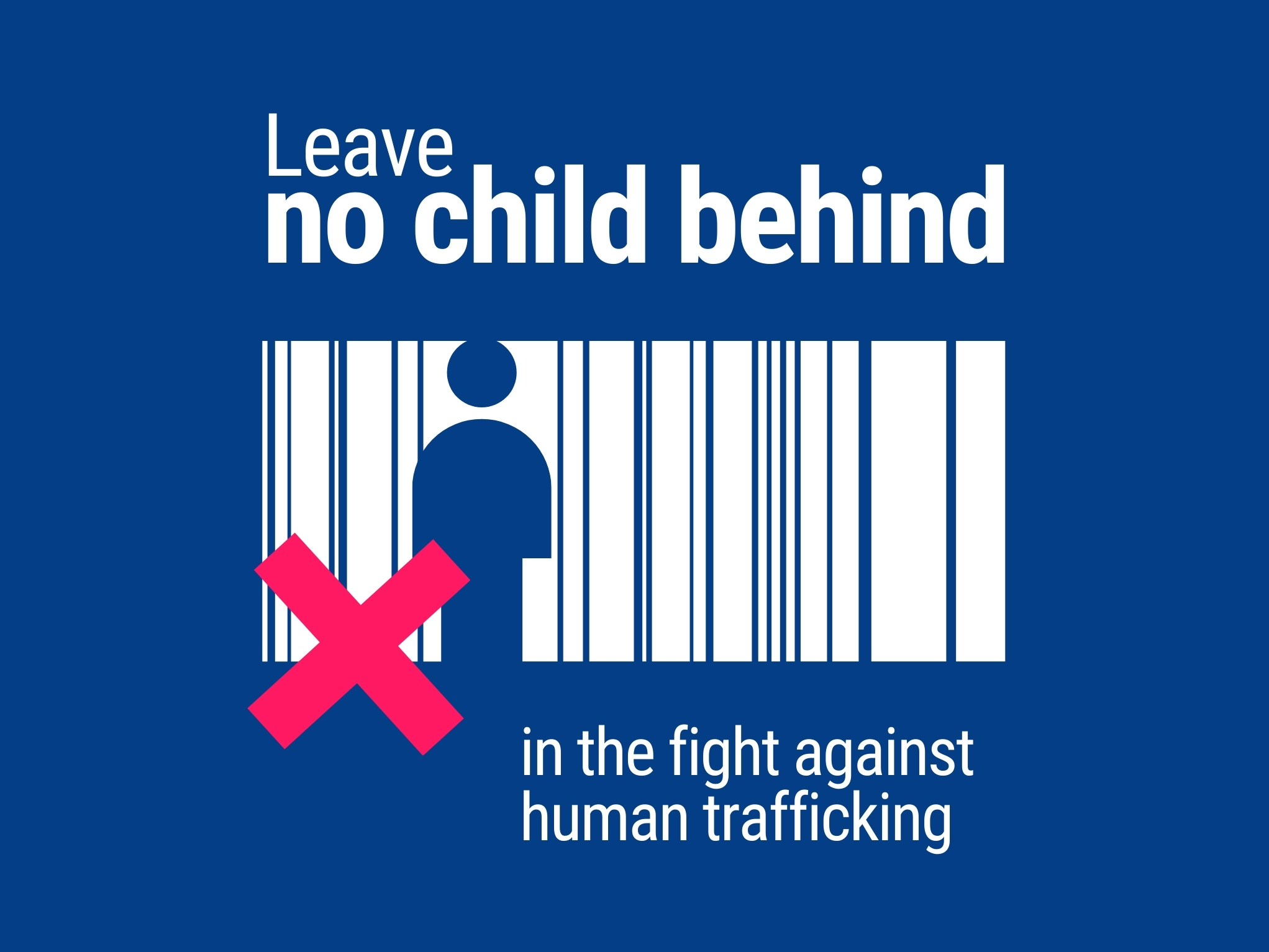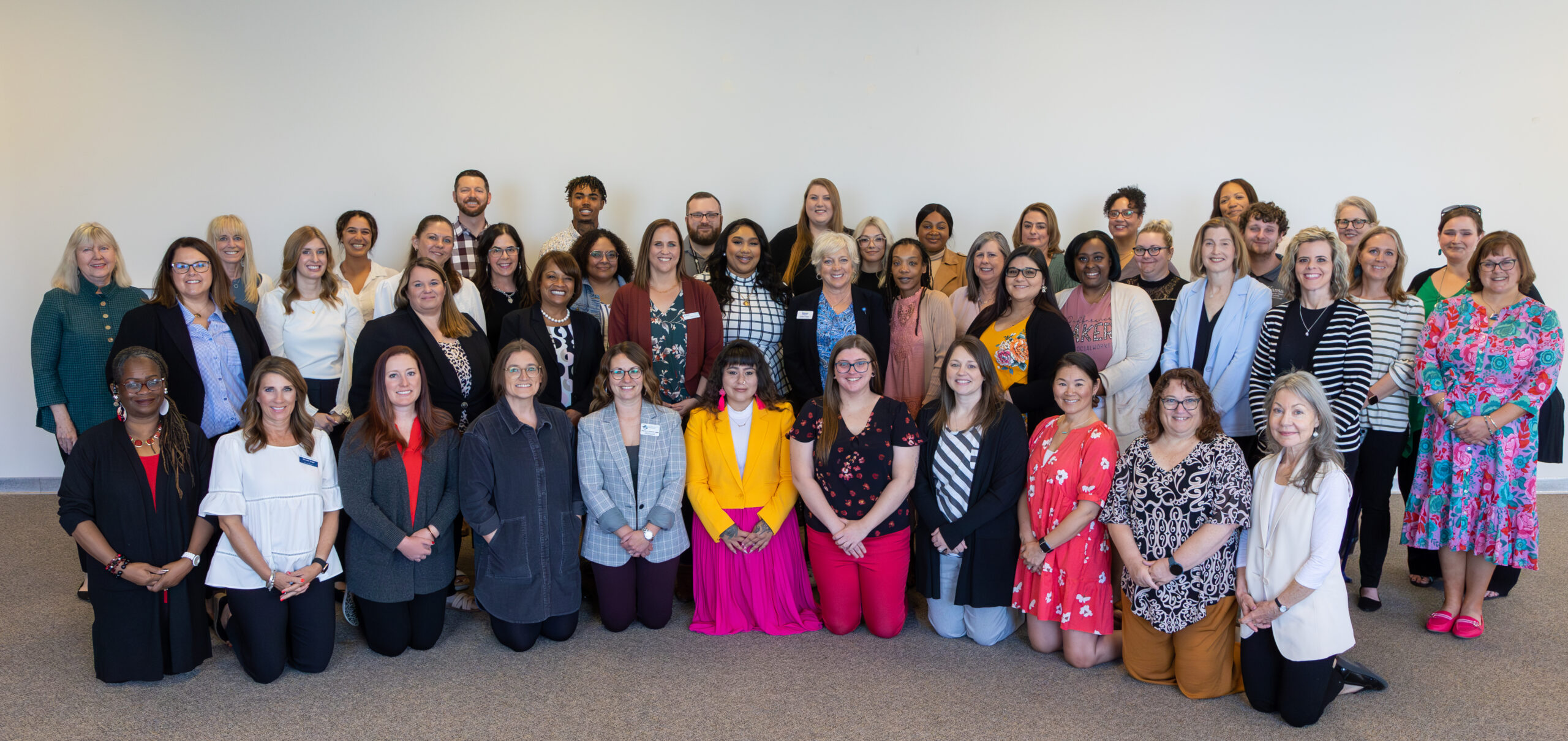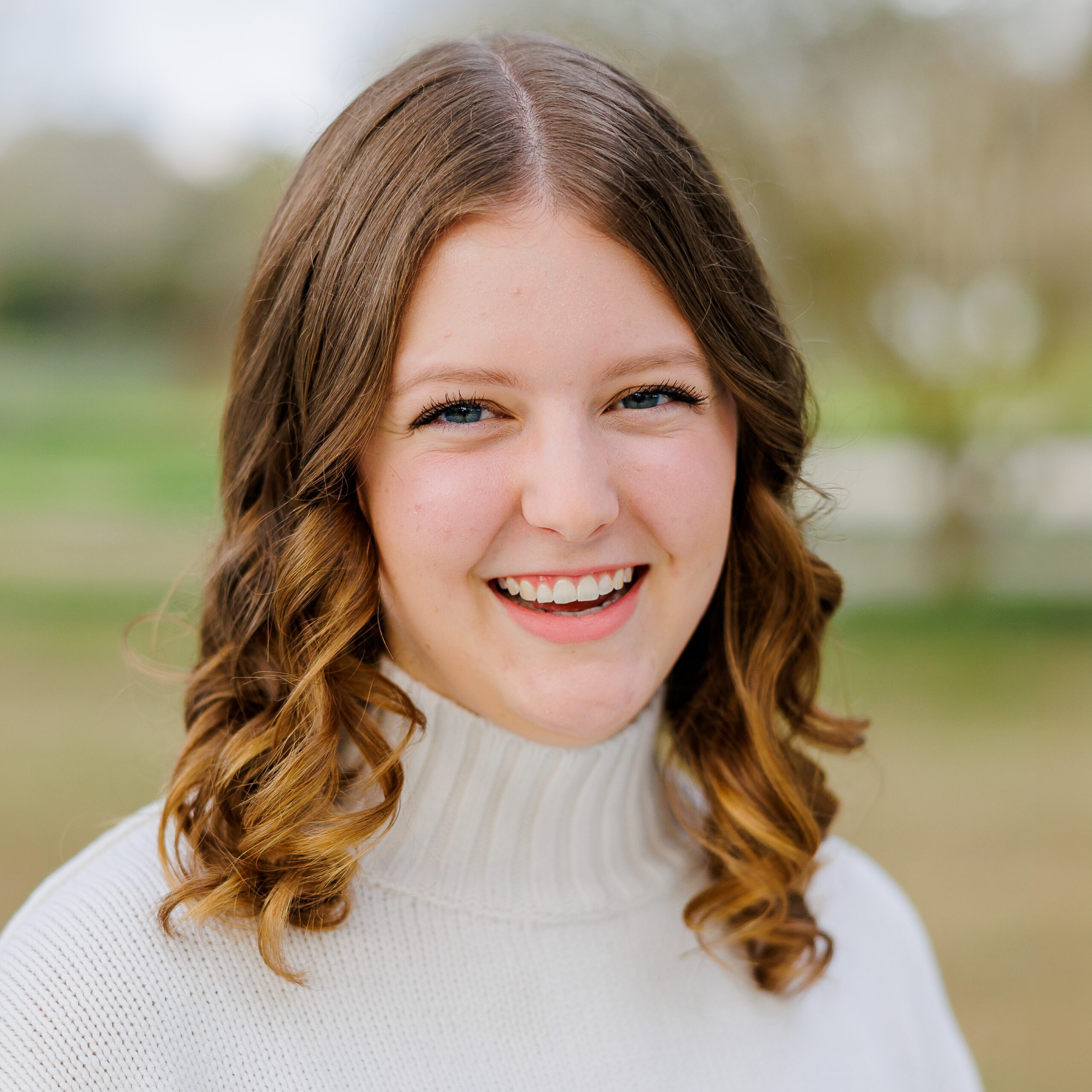Every Tuesday, Alexandria Ware meets with a group of young people of color transitioning out of the foster care system. Together, they participate in group activities geared towards healing, advocacy, peer support, fun, and recreation, but mostly they talk. Alexandria’s primary purpose is to get to know them – and to help them know themselves, to discover their real selves. The group enables them to feel safe, supported, loved, and that they belong.
“For me, it’s about showing these young people that they have a home, a place where they can heal and feel loved,” she says. “Here, they get to create their own culture and identity. They get to tap into what that looks like, whether it’s their sexual orientation, race … it all plays into figuring out who they are, not just at the surface level, but at the core. In these circles, sometimes we cry, and it can get ugly. But I’ve had young people say, ‘I’ve been in care for a year, and this is the closest I’ve felt part of a family.’”
For children in foster care, particularly children of color or LGBTQ+ children, that identity can be hard to find. Alexandria would know. She spent 15 years in foster care until she aged out at 18. During that time, she had only five black foster families, despite being black herself. That’s not to say that she doesn’t have fond memories from some of her placements with white families. Some she still loves.
“The Rogers family taught me a lot about being me and allowed me to goof off and just be a kid,” she says. “Besides the Calebs and Whittleys, they were the only foster homes that took me on family vacations. With them I never felt like I didn’t belong, and although they’re not technically my adoptive family, that’s what I call them. They’re my soul family. I had that same feeling with my Grandpa Whittley, who passed away last year. He was my favorite person. They always made me feel – even though I’m Black and they were white – that I was enough for them, especially my grandpa.”
Alexandria’s own foster care journey began as a three-year-old.
“I ended up in foster care because my mother was a product of foster care back in the ‘70s. So, that didn’t equip her to be the best mother and to give us what we really needed. We ended up in care due to neglect, which is typical. It didn’t mean she didn’t love us or care about us. It just meant she was struggling and needed help.” The youngest of three, Alexandria’s mother eventually allowed her parental rights to be severed for her and her brother. At the time, neither child understood why, and it contributed to their shared trauma.
“Years later I asked her why my brother and I were never good enough for her, and it broke her heart,” says Alexandria. “She said it wasn’t a question of being enough for her, she felt she wasn’t good enough for us. She signed her rights away because she believed it would give my brother and me a better life. Otherwise, we would grow up in that continued cycle of abuse. As an adult, I can understand and respect that. As a child, it was a different story.”
By her own admission, Alexandria was a difficult child, and experienced 55 separate placements during her sojourn through the foster care system, including foster homes, group homes, residential treatment facilities, children’s homes, and emergency placements. She knows she often tried her workers’ patience. She learned the system and knew how to work it to her advantage. She told her judge and social worker that she did not want to be adopted because she worried that her birth family wouldn’t be able to find her.
Her life changed direction in a dramatic way when she was 15, though.
“I was in residential treatment, and my sister came to see me with my nieces and nephews,” she says. “My youngest nephew was three years old, and – this always makes me tear up – and he asked me if I was going to be good. Like any aunt, I didn’t want him to think badly of me, so I lied and said, ‘Of course, I’m always good.’ And he said, ‘No, you’re not. You always tell us you’re going to be good, but then we come visit you at a new place.’ It broke my heart, because if a three-year-old could see it, and I’m a 15-year-old and can’t see it … It gave me the kick I needed to change my life, to really do better. Without him, I wouldn’t be where I am today.”
From that point, Alexandria began to seriously think about her future and to form goals to meet that future. She told her judge and social worker that she wanted to move into Independent Living, a program that provides youth leaving the foster care system with the skills and resources they need to successfully transition into adulthood. She credits the people involved in the program, her high school guidance counselor, and a couple college professors with helping her successfully navigate the beginning of her adulthood.
Alexandria’s story continues in Part II. In the meantime, here are a few thoughts to ponder.
Poverty-based removals of children into the U.S. child welfare system come at a steep human cost.
As of 2020, there were more than 400,000 children and youth in the foster system. Each day in the U.S., around 700 children are separated from their families and placed in state custody. The majority of these children are removed due to “neglect.” In 2020, 64% of children separated from their families (139,225 children) were removed due to neglect, while 9% of children separated from their families (20,534 children) were removed due to inadequate housing, including homelessness.
The harms of family separation by the U.S. child welfare system disproportionately affect racial and ethnic minorities. For example, although Black youth make up only around 14% of the general U.S. child population, they comprise 23.5% of the total child welfare system population. In 2019, Black children in the U.S. were removed from their families at 1.66 times the rate of white children. Indigenous children were separated from their families at 2.52 times the rate of white children. A shocking 1 in 41 of all Black children in the United States and 1 in 37 Indigenous children will have their parental rights terminated before they reach the age of 18.
